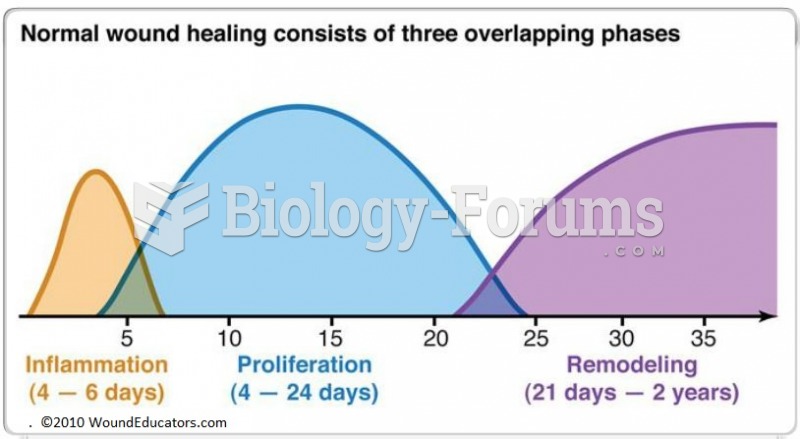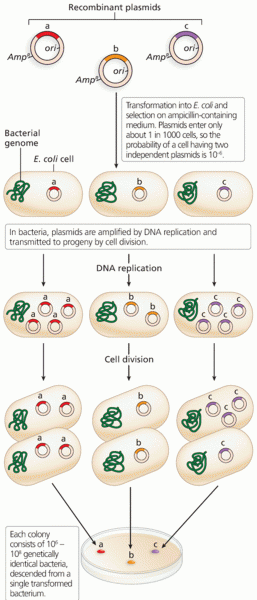Answer to Question 1
As GI bacteria digest and metabolize fibers and other nutrients, they produce compounds such as short fragments of fat, which can influence energy metabolism and immunity. Fibers and some other food components are called prebiotics because they encourage the growth and activity of bacteria. Research suggests that prebiotics may reduce the risk of GI infections, inflammation, and disorders; increase the bioavailability of nutrients; and regulate appetite and satiety.
Some foods contain probiotics, live microbes that change the conditions in the GI tract in ways that seem to benefit health. For example, yogurt contains Lactobacillus and other living bacteria. The potential GI health benefits of probiotics or products of their metabolism include helping to alleviate diarrhea, constipation, inflammatory bowel disease, ulcers, allergies, lactose intolerance, and infant colic; enhance immune function; and protect against colon cancer. Research studies continue to explore how diet influences GI bacteria and which foodswith their prebiotics and probioticsaffect GI health. In addition, research studies are beginning to reveal several health benefits beyond the GI tractsuch as improving blood pressure and immune responses.
Bacteria in the GI tract also produce several vitamins, including biotin, folate, pantothenic acid, riboflavin, thiamin, vitamin B6, vitamin B12, and vitamin K. Because the amount produced is insufficient to meet the body's needs, these vitamins are considered essential nutrients that must be provided by the diet.
Answer to Question 2
The pancreas protects itself from harm by producing an inactive form of the enzymes. It releases these proteins into the small intestine, where they are activated to become enzymes. In pancreatitis, the digestive enzymes become active within the infected pancreas, causing inflammation and damaging the delicate pancreatic tissues.







